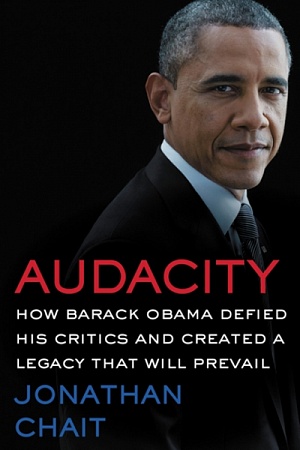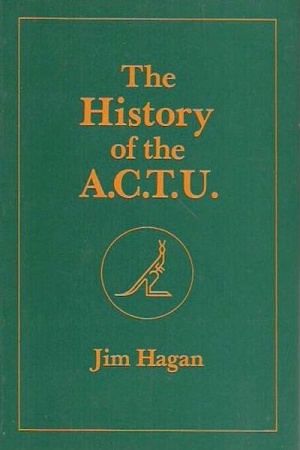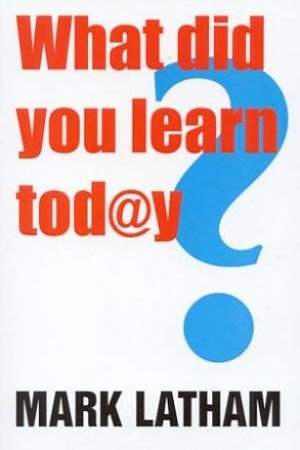Victory: The inside story of Labor's return to power
HarperCollins, $34.99 pb, 320 pp
The great conciliator
Early in their new book, Victory, Peter van Onselen and Wayne Errington pose a simple question that has haunted Labor since 2019: why couldn’t they beat the other mob? After all, their foe was an ‘incoherent’ and ‘second-rate’ government that had accelerated graft, cynicism, and factional cannibalism, and that had produced, in the end, a long list of tawdry failures. The Coalition seemed entropic.
But the chancer from the Shire won his miracle in 2019, and it profoundly shook the Labor Party. After the nausea and demoralisation came a fearful uncertainty: was their new bloke up to it? An interesting feature of Victory, one that is treated cursorily, concerns the internal unpopularity of Albanese’s leadership in 2020 and 2021, the anxiety it generated in some, and how luck (and factional calculus) played its part in his survival (for example, the retention of Eden-Monaro at a by-election might have calmed the itchier trigger fingers).
As outlined in Victory, and as I have discovered during my own conversations with Labor people over the past couple of years, there were pockets of furious disappointment with Albanese. Many associated with the party saw an impotent and inarticulate leader, one too complacent to trouble the wily Morrison. Much of this appraisal was ungenerous, but it was sincerely held: both from people’s horror at the 2019 loss, and from a genuine sense that Morrison was vandalising Australian democracy – a mini-Trump who had to be defeated.
The narrative that has since emerged in victory is that of the hare and the tortoise. It wasn’t complacency that defined Albanese, but patience. He knew that the public was exhausted by the putrid combativeness of politics, that the Morrison government was a perpetual scandal machine, and that Morrison himself, through his compulsive deceit, would inevitably and terminally expose his character to voters. In other words: hold the line, don’t panic, and let the other side destroy themselves. In Victory we learn that Albanese had a sporting metaphor for this strategy: ‘Kicking with the wind in the fourth quarter’.
Continue reading for only $10 per month. Subscribe and gain full access to Australian Book Review. Already a subscriber? Sign in. If you need assistance, feel free to contact us.









Leave a comment
If you are an ABR subscriber, you will need to sign in to post a comment.
If you have forgotten your sign in details, or if you receive an error message when trying to submit your comment, please email your comment (and the name of the article to which it relates) to ABR Comments. We will review your comment and, subject to approval, we will post it under your name.
Please note that all comments must be approved by ABR and comply with our Terms & Conditions.